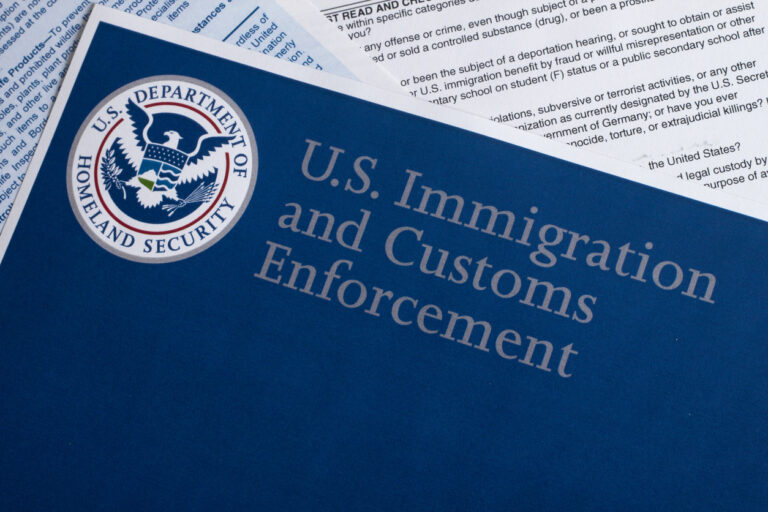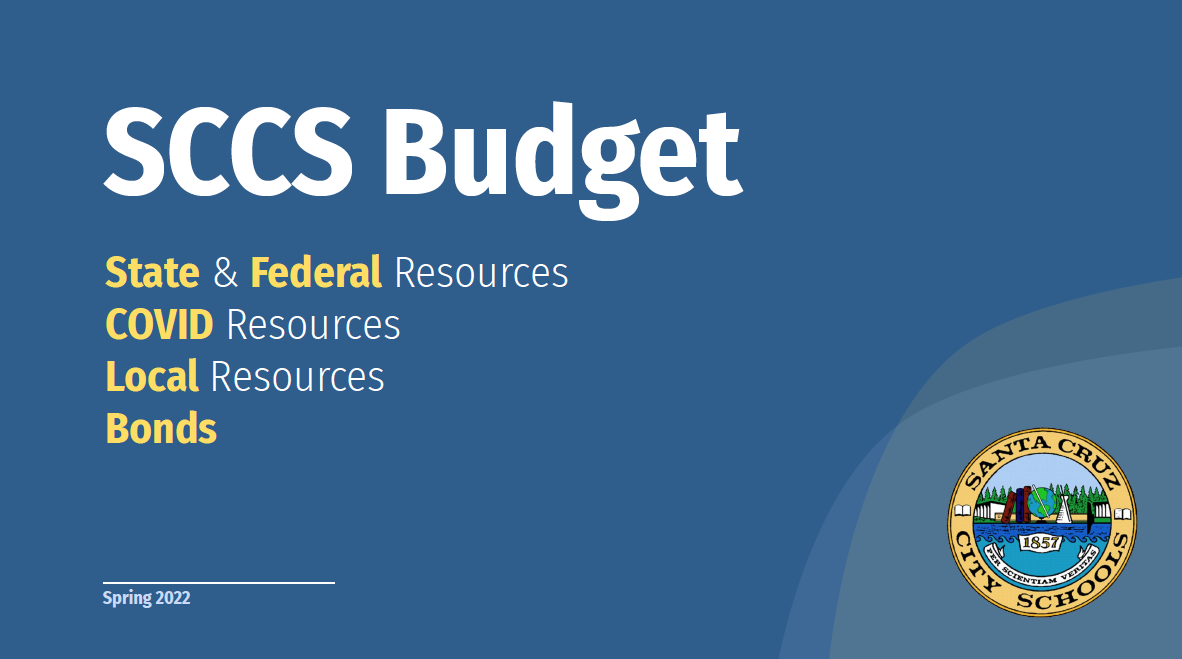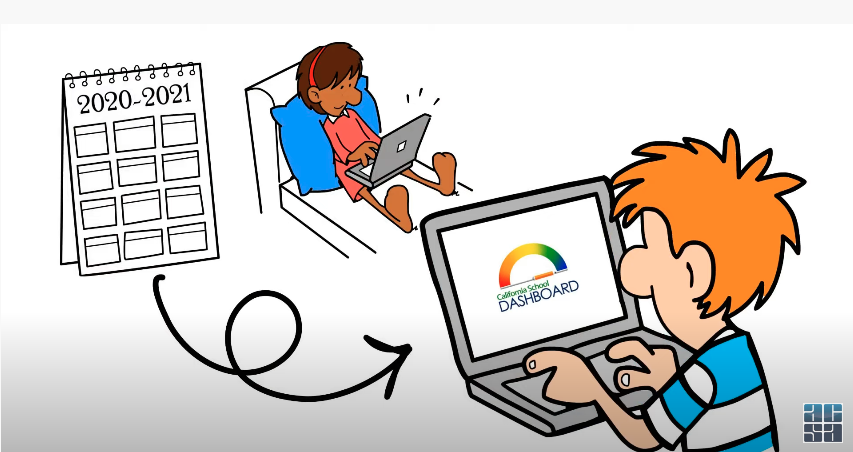This resource is provided by ACSA Partner4Purpose Lozano Smith.
Current law allows for the administration of prescription medication to students at school, and specifically authorizes local educational agencies (LEAs) to use trained, non-medical school personnel to administer or assist with the administration of emergency epinephrine autoinjectors, emergency naloxone hydrochloride or another opioid antagonist, glucagon, and inhaled asthma medication. New law now adds anti-seizure medication to this growing list.
Seizure Safe Schools Act
On September 30, 2022, Governor Newson signed Assembly Bill 1810, the Seizure Safe Schools Act. The new law authorizes LEAs to allow school nurses and trained, non-medical employee volunteers to administer emergency anti-seizure medication for students diagnosed with seizures, a seizure disorder, or epilepsy, if the student is suffering from a seizure. School nurses are permitted to administer anti-seizure medication, and trained volunteers may do so when a nurse is unavailable.
The Superintendent of Public Instruction must establish minimum standards of training to recognize and respond to seizures, including training for the administration of anti-seizure medication, by July 1, 2023, and review minimum training standards at least once every five years. The California Department of Education must include on its website a clearinghouse for best practices in training.
The Seizure Safe Schools Act also:
- Requires LEAs to provide training to any employee volunteer at no cost to the volunteer and during the volunteer’ s working hours.
- Permits an employee volunteer to rescind his or her offer to volunteer at any time. LEAs may not retaliate against an employee for rescinding his or her offer.
- Requires the LEA to obtain from the student’s parent/guardian a seizure action plan, or to collaborate with the student’s parent/guardian to create a seizure action plan.
Subject to some limitations, trained employee volunteers will not be civilly or criminally liable or subject to professional review for injuries caused while administering emergency anti-seizure medication. An LEA will need to provide the volunteer with written assurance that it will provide volunteers with defense and indemnification for any civil liability.
Takeaways
The Seizure Safe Schools Act provides LEAs greater flexibility in who can administer emergency anti-seizure medication when a student is suffering from a seizure. LEAs should consider updating their board policies and administrative regulations on medication administration to address the administration of anti-seizure medication.
If you have any questions about the Seizure Safe Schools Act or medication administration in general, please contact the authors of this Client News Brief or an attorney at one of Lozano Smith’s eight offices located statewide.





























